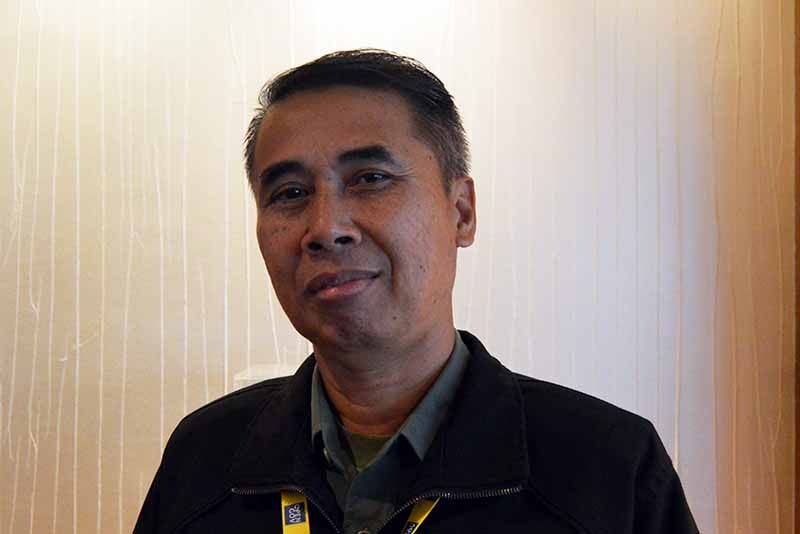
Indonesia’s Government has faced increasing pressure to strengthen their cyber security defense and resources in the wake of growing targeted attacks towards the public sector.
The Indonesian National Defense Forces recently created a new division, Armed Forces Center for Information and Data Processing of Indonesian National Defense Forces, to address this rising pressure to combat against cyber physical threats.
OpenGov speaks to Col IGN Budiman SP M Sc, Chief Information Officer Security, Indonesia National Defense Forces, Armed Forces Center for Information and Data Processing of Indonesian National Defense Forces, to learn more about his position and how it affects Indonesia’s National Defense strategy.
“I have recently been appointed to this position as CISO,” Col IGN Budiman told us, “The cyber security trends in Indonesia have reflected that Government needs to protect their infrastructure with better equipped manpower and skills.”
In the new digital era, public and private sectors alike face an increase in attacks within the cyber physical space. With this, it is urged that organisations put cyber security at the forefront of their agenda to show that they recognise these threats and are taking the necessary steps to combat them.
“Cyber security should be at the forefront because the trends in defense have changed,” stated Col IGN Budiman, “We are not just fighting a physical war, but a cyber physical war. This is why this new division [Armed Forces Center for Information and Data Processing of Indonesian National Defense Forces] was created.”
There are many challenges that must be addressed in order to prepare and protect the cyber physical landscape against threats. The Indonesian Defense Forces face two main challenges to improving their security infrastructure.
“We are dealing with new challenges to increasing the security infrastructure,” Col IGN Budiman said, “On one hand, we are facing a new age through the Internet of Everything. At the same time, we are trying to integrate more green ICT. We are being prompted to reduce the amount of energy we use.”
With the growing threat landscape, it is becoming all the more important for organisations to rethink their ICT infrastructure and plan for ongoing adaption to changes.
“We need to create a plan for our department to improve ICT and skills over the next ten years,” Col IGN Budiman told us.
“With the ever changing threat landscape, I think the most important thing is human resources. You start training people to handle potential events and gain the skillset for the future. Also, we must consider the growing skills gap for the security industry.”
When we asked how else they are working to close this growing skills gap, Col IGN Budiman told us that his division is working to do something similar to what the Indonesia Defense Forces has done in the past.
“We do not have a training and education centre yet, since I am in a new division. But my former division created programmes to bring together the IT community in unique ways, I hope to bring that to my division,” Col IGN Budiman said.
The creation of the Armed Forces Center for Information and Data Processing of Indonesian National Defense Forces and CISO role represents new trends in defense organisations.
As governments are fighting battles outside of land, sea, and air, they must prepare the right amount of human resources to defend against these fairly new threats in the cyber physical world.




















